Can you make a living as an American domestic road racer? A look inside the part-time professionalism of the American road peloton
After decades of booms and busts, the American road scene finds itself in a fragile place. We spoke to riders to understand the reality of chasing the dream on home soil
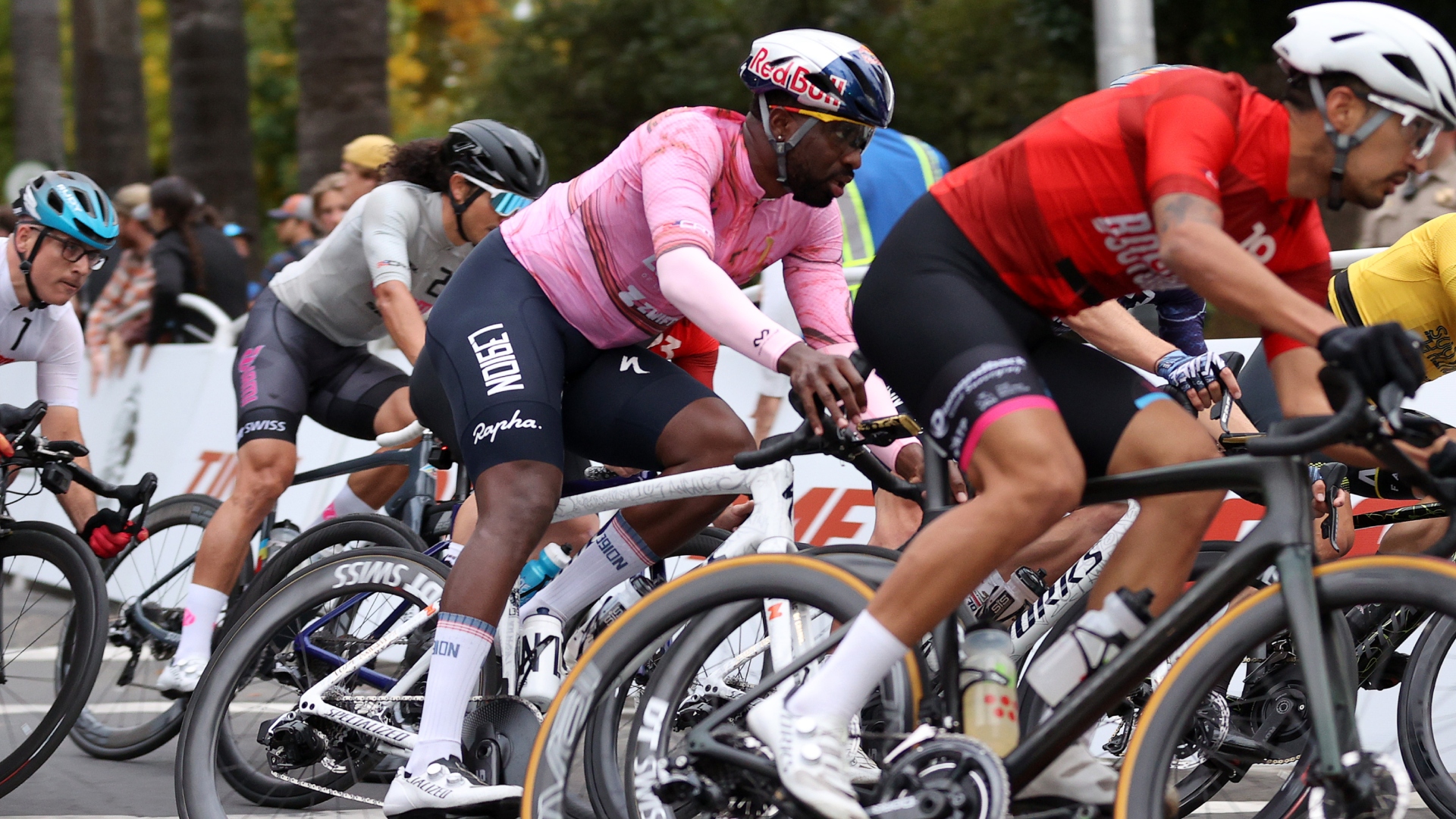
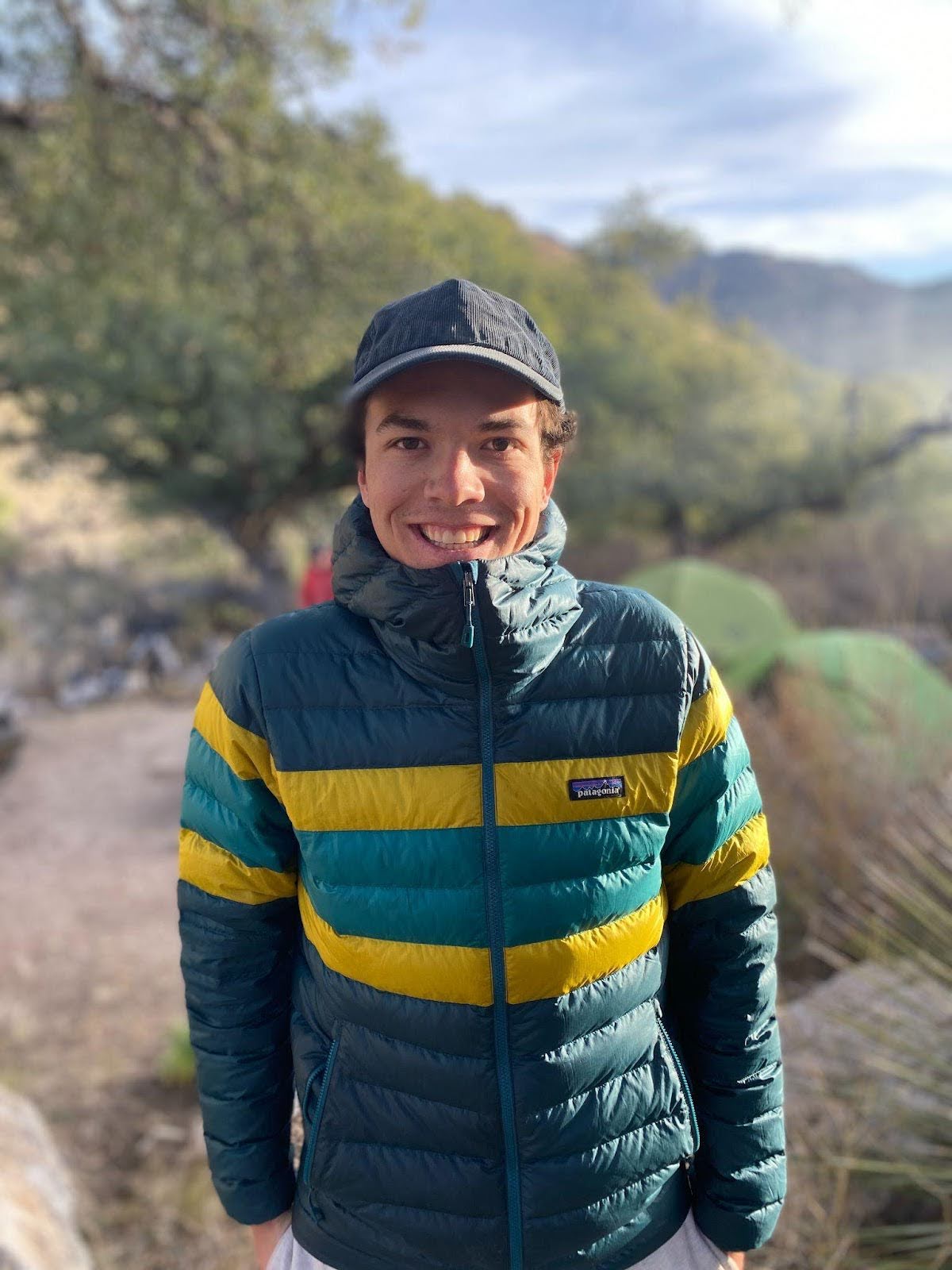
Professional road racing in the United States follows a familiar rhythm of booms and busts. The highs arrive with the success of stars like Greg LeMond and Lance Armstrong, only to fade as the sport’s popularity inevitably recedes.
Yet beneath the peaks and valleys of headline events like the defunct Tour of California or the short-lived Colorado Classic, elite-level racing carries on. Scrappy stage races and long-standing criteriums keep the ecosystem and the dream of the haydays alive. There are even a handful of riders who make a living by touring the country in search of prize money.
But there's no denying that American road racing is in a bust phase. The current "pro" circuit consists of three main spring stage races—Redlands Cycling Classic in California, Tour of the Gila in New Mexico, and Tour de Bloom in Washington—alongside iconic criteriums like Athens Twilight, Tour of Somerville and the six American Crit Cup races. Add to that the national championships and a scattering of regional, community-driven races, and you have the full picture of U.S. road racing in 2025.
In this climate, the number of domestic pro cyclists is almost zero, and pro road racing in the United States is at risk of becoming pro in name only.
“For me, it changed this year,” says Noah Granigan, a cyclist for the Golden State Blazers. Granigan is a stalwart of the American road scene with top finishes at some of the country’s biggest criteriums. Until this year, the Boulder native had been a full-time, paid professional. But now, at 29, Granigan balances racing with an engineering job at SPIA Cycling, the Giant subsidiary that acquired the defunct Stages power meter brand.
“Timewise, it's leaning more towards engineering than racing,” Granigan admits. “I'm still training at the same level, so it's not like I wouldn't consider myself a professional cyclist just because I have a real job as well.”
“There are a select few who are marketing themselves well and are good enough to kinda get those personal types of deals. You either have to make it to Europe or do something else as well.”
Get The Leadout Newsletter
The latest race content, interviews, features, reviews and expert buying guides, direct to your inbox!
Granigan’s story is becoming increasingly common as the U.S. stage race calendar continues to shrink. A decade ago, there were scores of stage races, big and small. Of course, the Tour of California, Tour of Utah, and Tour of Colorado come to mind, but those world-class events were supported by others like the Cascade Cycling Classic, San Dimas Stage Race and the Joe Martin Stage Race. As the big races disappeared, the smaller ones faded too, and with them, the team structure that once funded much of the American peloton.
”We have a lot of teams that are considered elite, but I don't think there's a good understanding of what being a pro means,” Eric Hill, the director of Project Echelon, tells Cycling Weekly.
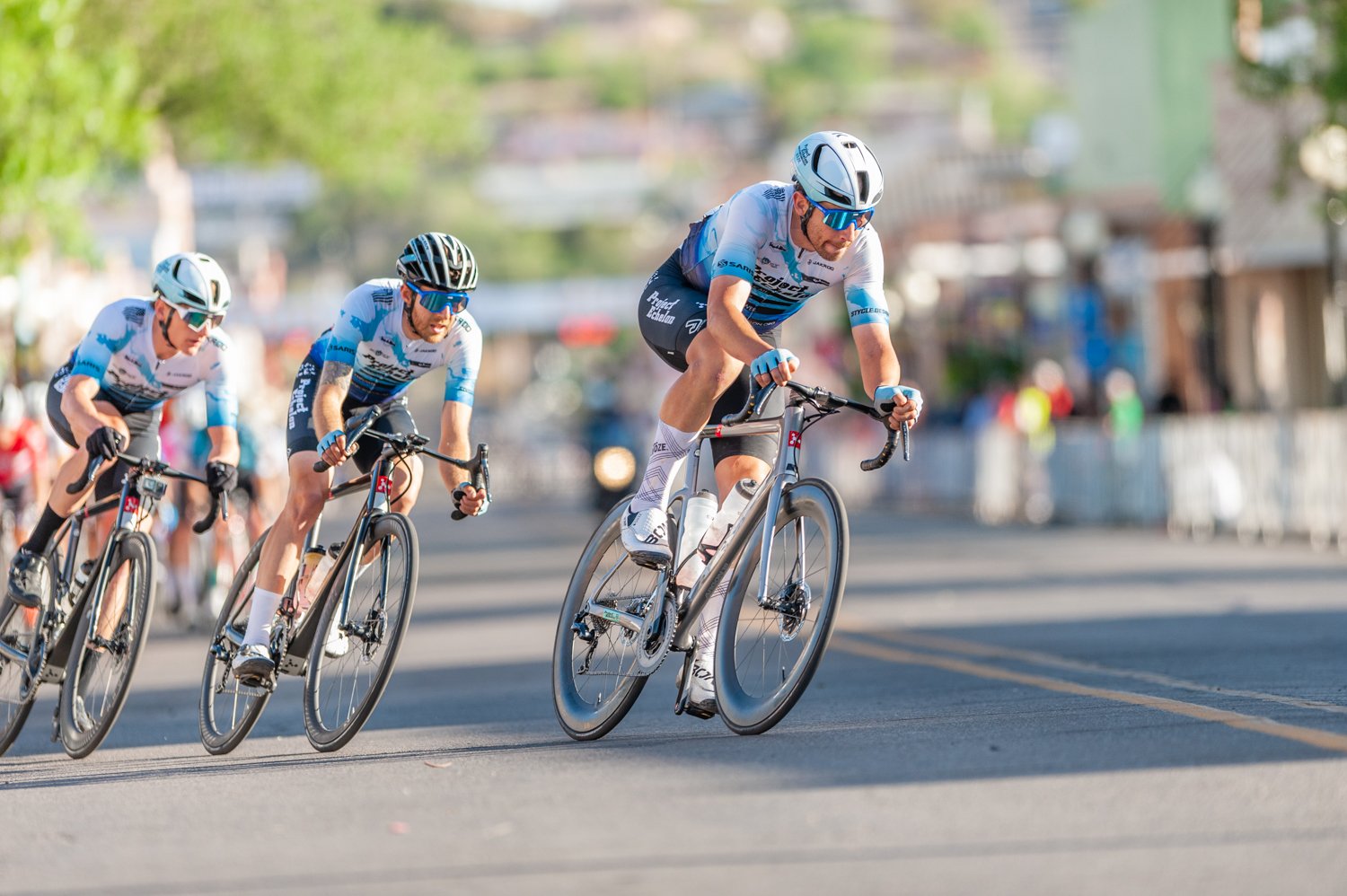
Project Echelon is one of just two U.S.-based men’s UCI Continental teams, alongside Team Skyline-Cadence. Both squads primarily race lower-tier UCI events in Europe. Project Echelon, which began as a grassroots Midwest team built around a veterans’ charity mission, has evolved into what is widely regarded as the top men’s team in the country. It’s also a rare true professional outfit in that every rider on the team earns a salary.
“We are still advocates of U.S. racing, and some of the races that we do early in the season are really good races. They just, unfortunately, faded as fewer and fewer people have pursued stateside racing and committed to that craft, so we've had to go elsewhere,” Hill explains.
“I looked back at when I started racing and the amount of races that I did that these guys have never heard of, or maybe they've heard them, but they never raced, is insane. You could do a full pro calendar of UCI racing in 60 days in North America, and you would get the opportunity to race WorldTour guys at Colorado, California, Utah, Philly, etc.”
In response to that shrinking domestic calendar, Project Echelon has shifted its focus abroad. The team has loaded up on European UCI races and has even found some success, with a handful of wins and top-ten finishes. But if more high-level U.S. races existed, they’d stay home.
“I think that [the lack of domestic events] has allowed us to explore racing a bit more compared to if we were operating a decade prior,” says Hugo Scala Jr., who’s ridden for Project Echelon since 2022 and won a stage at last year’s Volta a Portugal.
Scala compares the state of American road racing to Major League Soccer.
“We're playing Major League Soccer, but the goal and the challenge we want to pursue is the Premier League. That's not to say that there isn’t value in Major League Soccer and that their style of competition and that we can learn and grow from it, but the challenge and the goals are very different between those two settings,” he says.
While the economic direction of the men’s domestic peloton is clearly pointing down, the prospects for the domestic women’s peloton are a bit more nuanced. Women’s road racing is still subject to many of the same financial constraints, but globally, it’s in a very different place than it was a decade ago. In the U.S., this has created more opportunities to leap to Europe, although fewer pathways exist to build a lasting career at home.
Julie Kuliecza is a veteran of the domestic peloton, a team director for the Jakroo Composite Team and a race promoter. She has seen this change first hand as she is now re-entering the sport as a rider after a multi-year hiatus.
“In the U.S., it's difficult, but what is nice about being on a domestic crit team is if you have an exceptional sprinter and a good group of riders around them, you can make a significant amount of money at the races,” she says.
Still, a secondary source of income is necessary, Kuliecza says.
“You'd be hard-pressed to find any rider in the U.S. who is racing in the U.S. that doesn't have a supportive partner. But more so, I think cycling in general has athletes that are extremely gifted. You know, nine times out of 10, they can hold down a job that most people would find tiring on its own and can train the amount that they need for racing.”
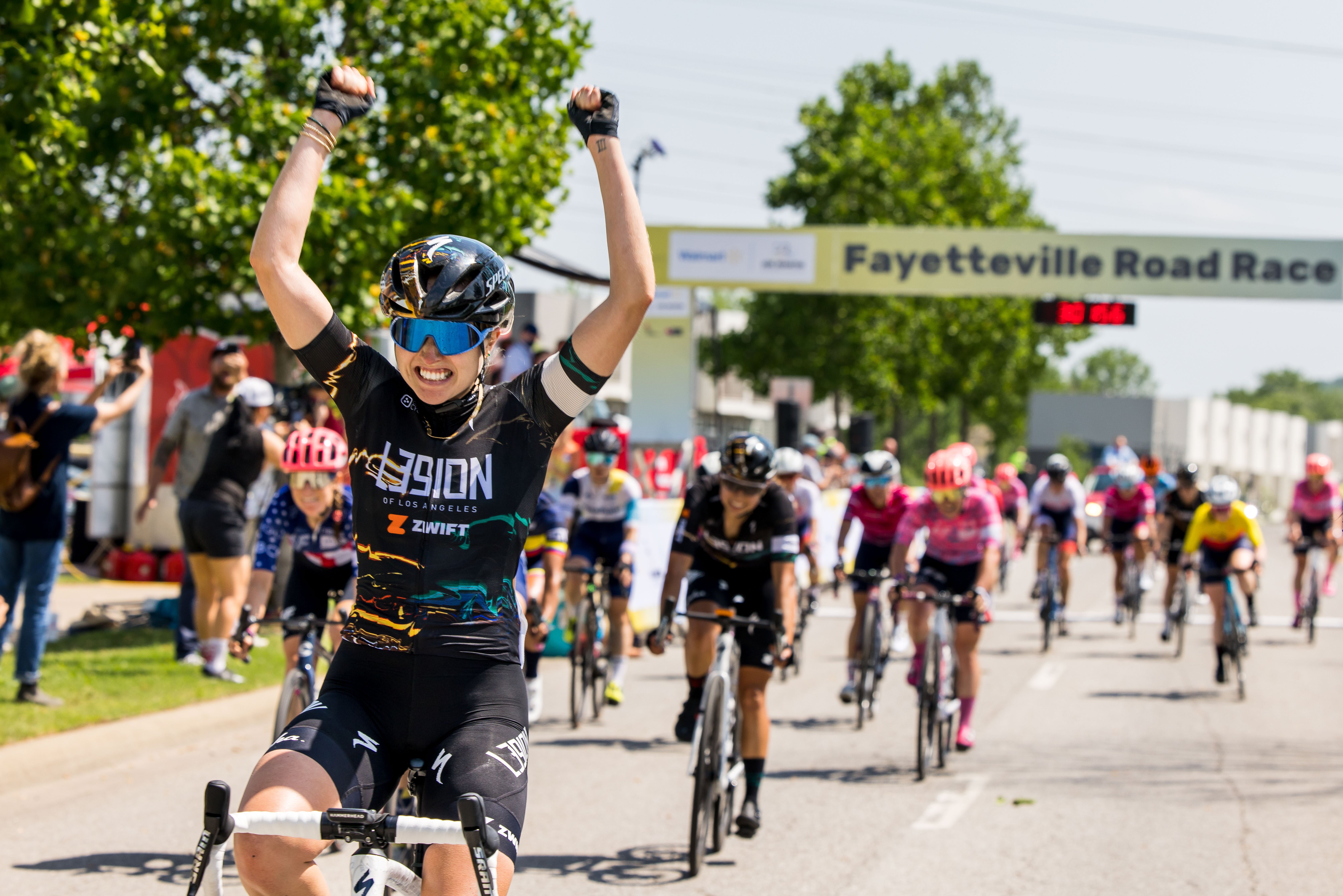
Like Kuliecza, most women in the domestic peloton are part-time professionals juggling multiple roles. She estimates that fewer than 20 women nationwide race exclusively in the U.S. and actually earn a living from it, most of them specialising in criteriums. Meanwhile, riders with aspirations of racing in Europe tend to focus on the shorter, but more traditional, road and stage race calendar.
“There is a very specific contingent of women that do well in crits and make a good amount of money, they're just not interested in racing in Europe,” Kuliecza says. “They're interested in making enough money to keep doing it.”
Across the board, for both men and women, that is the prevailing reality. In road racing, no one is making a lot of money. Few are making a living salary. The overwhelming majority are making just enough to continue to do it the next year.
The question is: is that enough, or does American road racing need another boom? Or, is it time to fully embrace the gravel scene as American bike racing?
The creation of the Maryland Cycling Classic lets us believe there is still a desire for a road racing resurgence, while Levi’s GranFondo is trying a new approach to marketing road racing devoid of UCI sanctions. But a pair of new races isn’t enough for a revolution. The next few years, and how racing evolves in the face of the hurdles that have stymied racing on the continent before.

Thank you for reading 20 articles this month* Join now for unlimited access
Enjoy your first month for just £1 / $1 / €1
*Read 5 free articles per month without a subscription

Join now for unlimited access
Try first month for just £1 / $1 / €1

Logan Jones-Wilkins is a writer and reporter based out of the southwest of the United States. As a writer, he has covered cycling extensively for the past year and has extensive experience as a racer in gravel and road. He has a Bachelor of Arts from the University of Richmond and enjoys all kinds of sports, ranging from the extreme to the endemic. Nevertheless, cycling was his first love and remains the main topic bouncing around his mind at any moment.
You must confirm your public display name before commenting
Please logout and then login again, you will then be prompted to enter your display name.
-
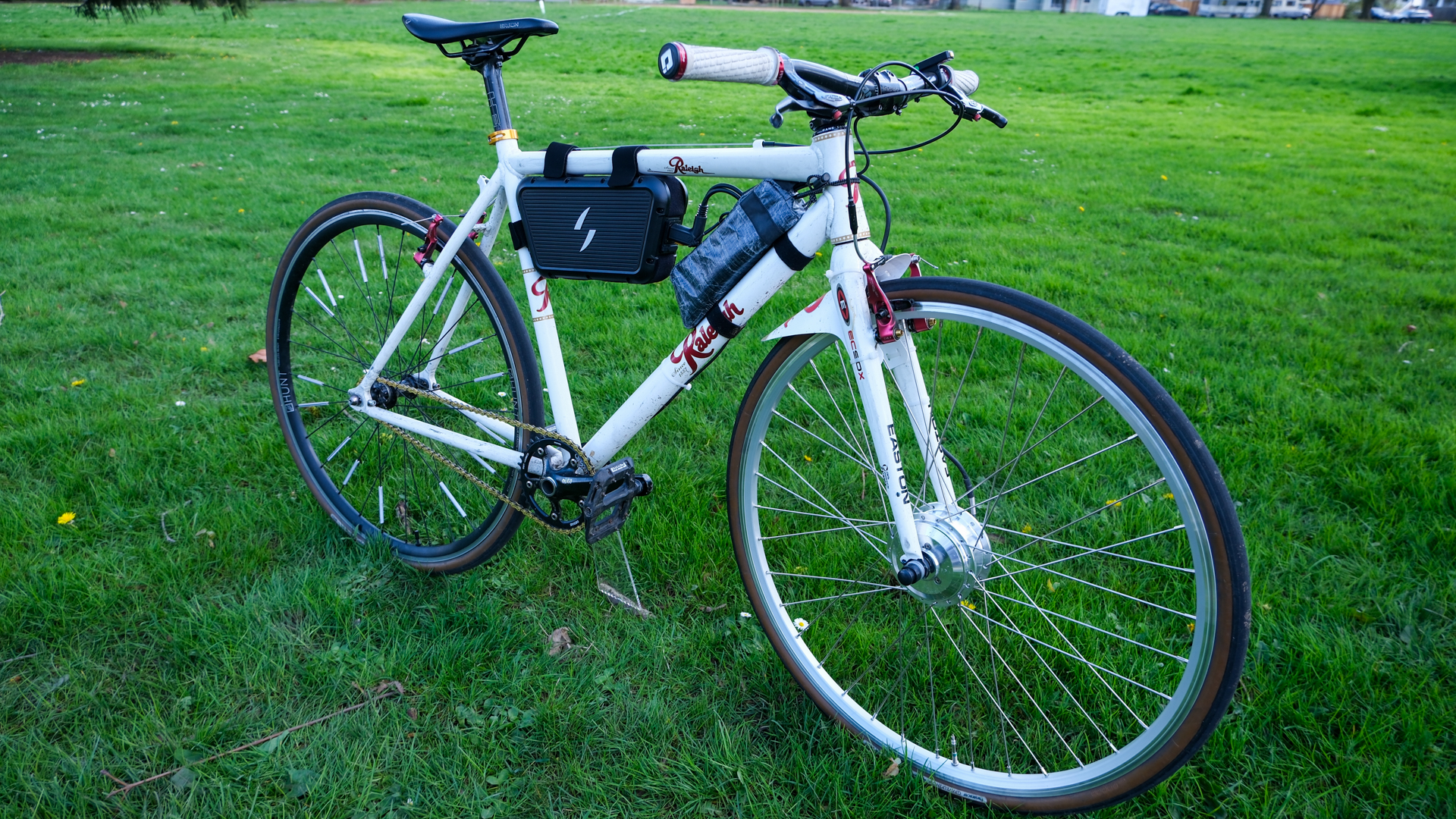 5 things I wish I’d known before reviewing the Swytch GO e-bike conversion kit
5 things I wish I’d known before reviewing the Swytch GO e-bike conversion kitSwytch offers an effective, albeit untidy, workaround for e–bike–curious riders. But as prices drop on full e-bikes, its value proposition may be fading
By Anne-Marije Rook
-
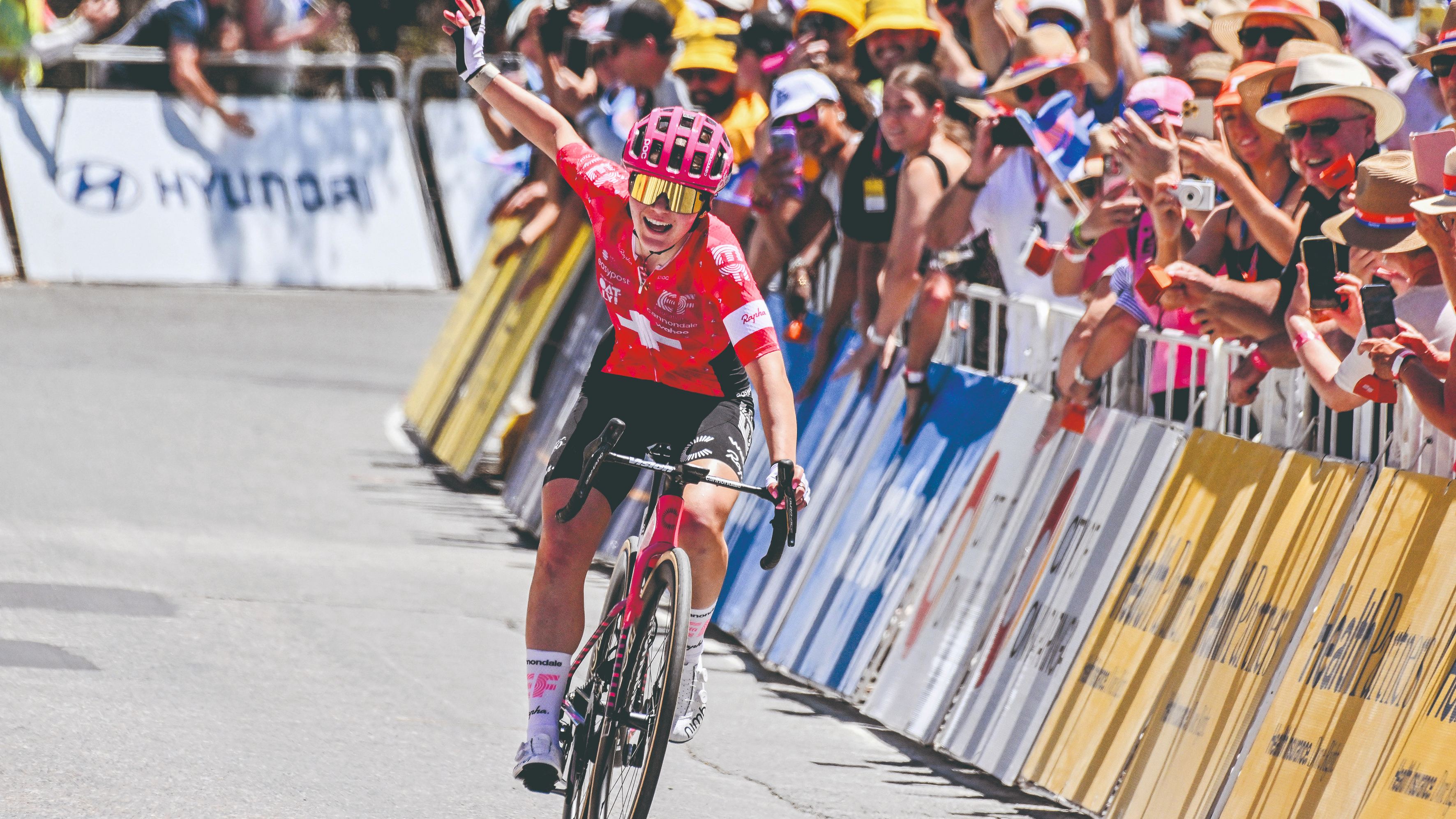 How do the pros train? Noemi Rüegg's 26 hour training week
How do the pros train? Noemi Rüegg's 26 hour training weekWinner of this year’s Tour Down Under, the EF Education-Oatly rider is a climber whose talent is taking her to the top
By Chris Marshall-Bell
-
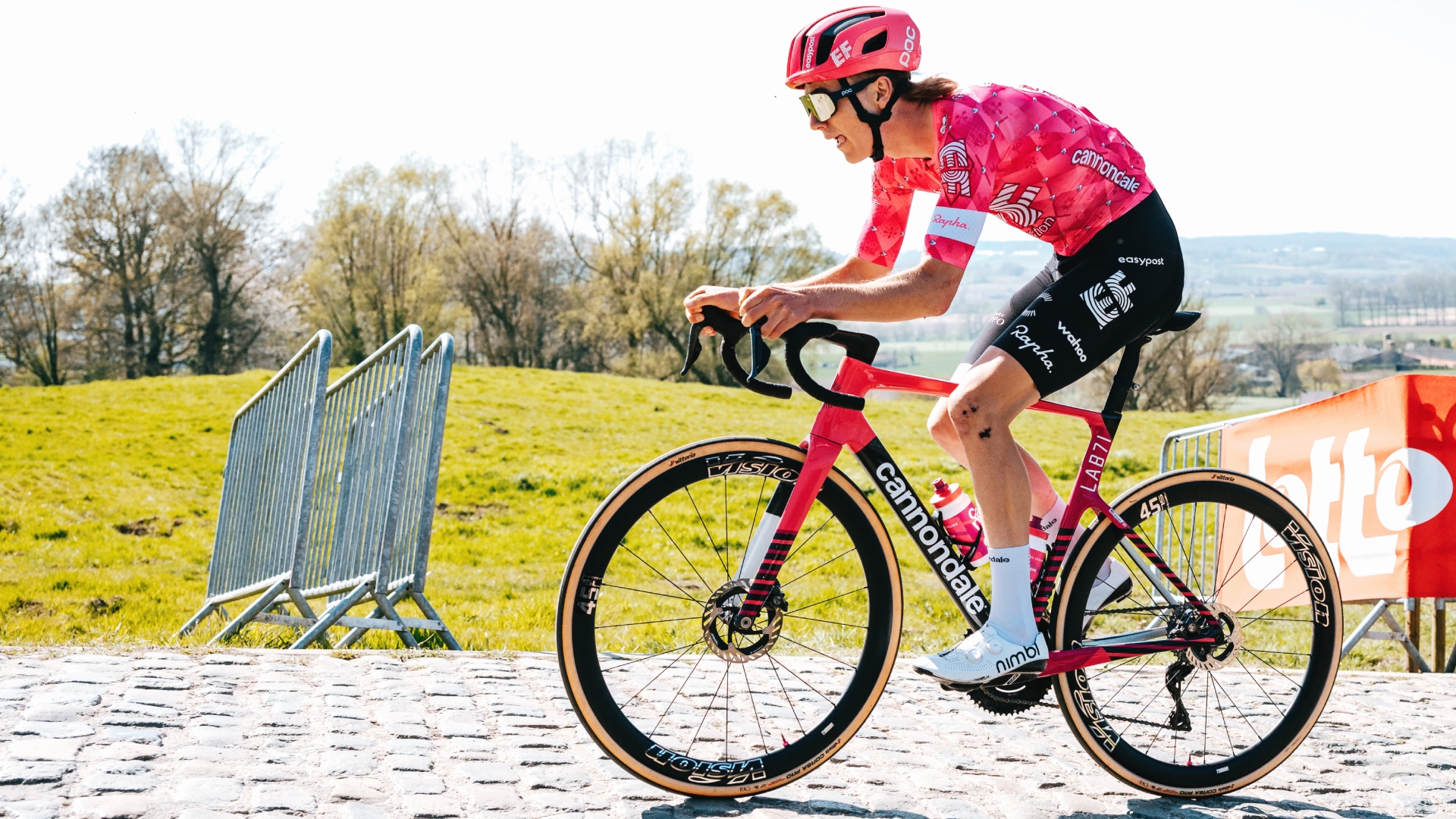 'It’s just crazy to be here' - American youngster Colby Simmons to make WorldTour debut at Tour of Flanders
'It’s just crazy to be here' - American youngster Colby Simmons to make WorldTour debut at Tour of FlandersAfter three years in WorldTour development programmes, the 21-year-old from Durango got his call-up
By Anne-Marije Rook
-
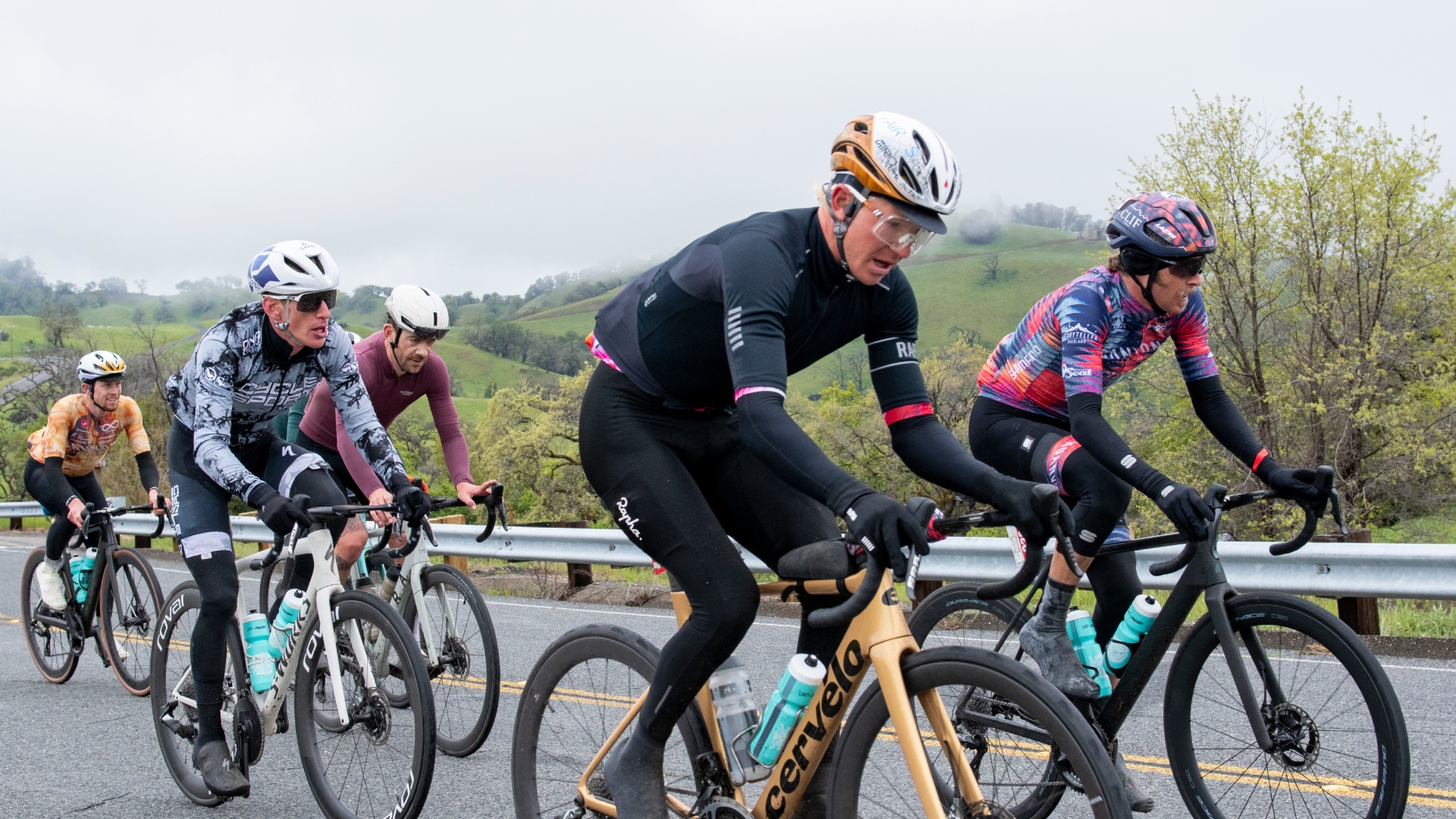 Watch America's 'toughest, richest' road race live: Levi’s GranFondo aims to restore the US road racing scene with live coverage
Watch America's 'toughest, richest' road race live: Levi’s GranFondo aims to restore the US road racing scene with live coverageAmerica’s best racers, on- and off-road, will vie for a $156,000 prize purse
By Anne-Marije Rook
-
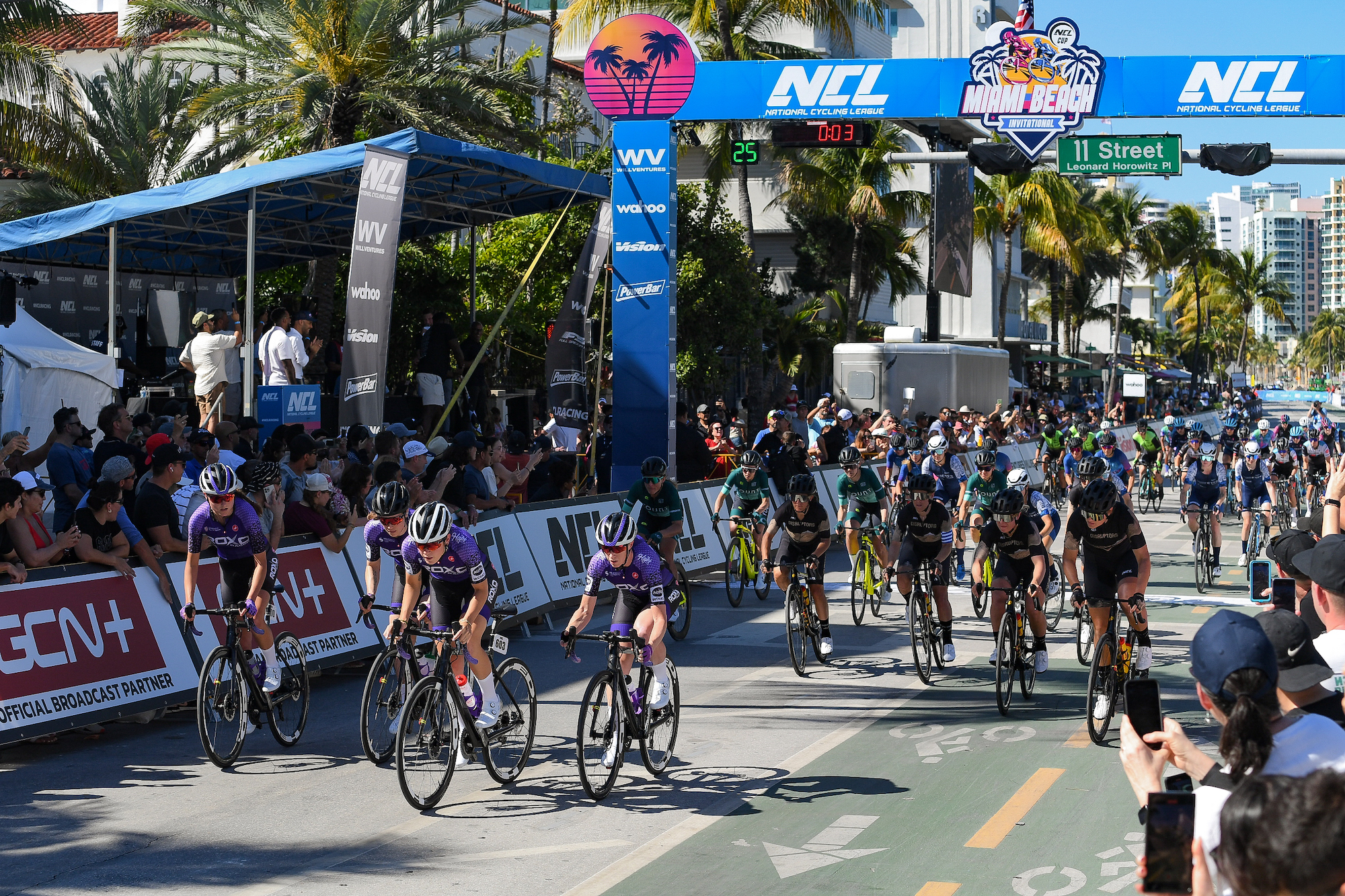 The National Cycling League appears to be fully dead
The National Cycling League appears to be fully deadEffective immediately, the NCL paused all its operations in order to focus on restructuring and rebuilding for the 2025 season.
By Anne-Marije Rook
-
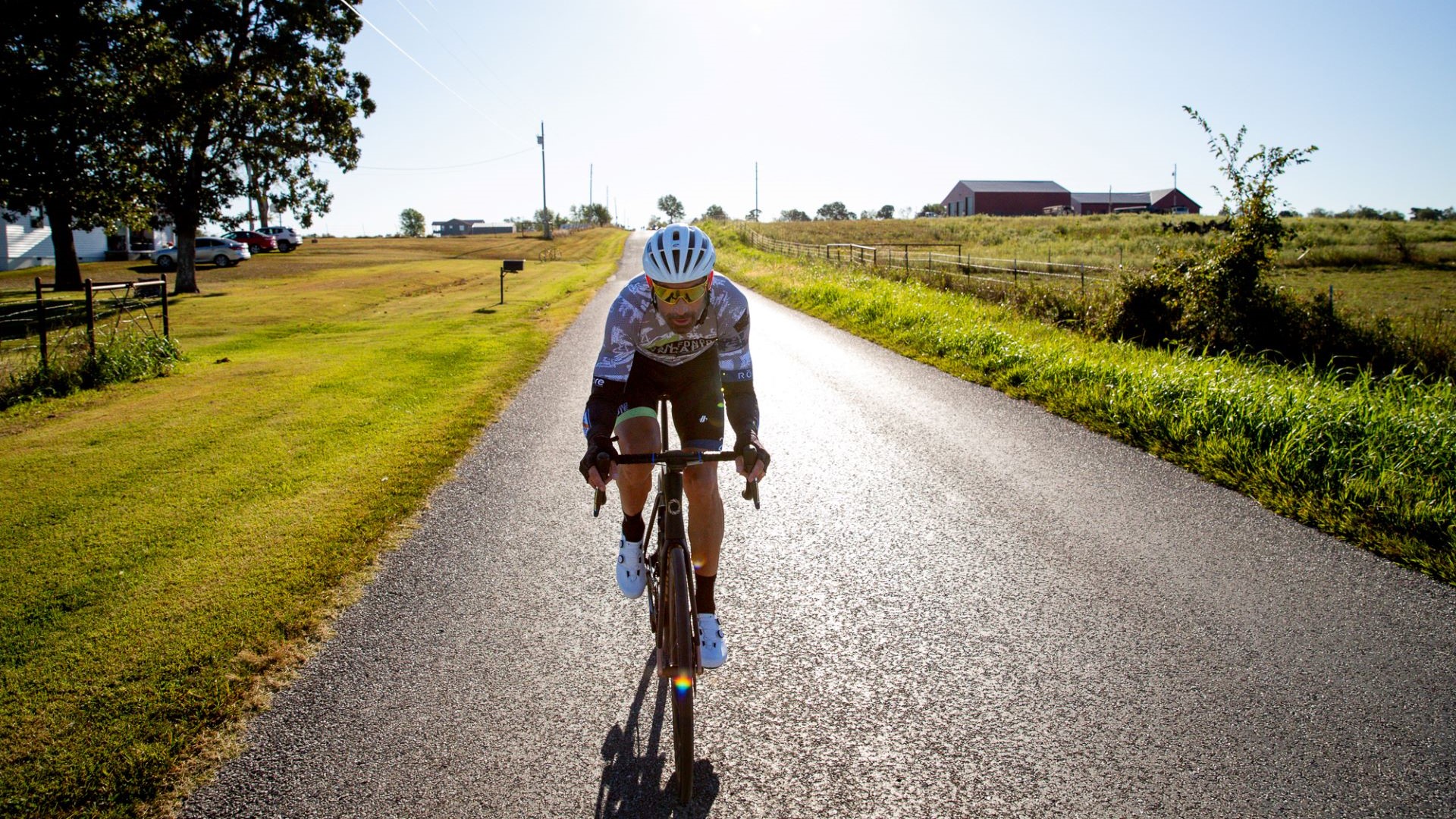 'I was part of the dark era of cycling. I think the sport is in such a better place now' - George Hincapie on the future of road racing in America
'I was part of the dark era of cycling. I think the sport is in such a better place now' - George Hincapie on the future of road racing in AmericaBetween Americans finding overseas success, helping his son Enzo follow in his footsteps and organising gran fondos, Hincapie believes US road racing will remerge
By Caroline Dezendorf
-
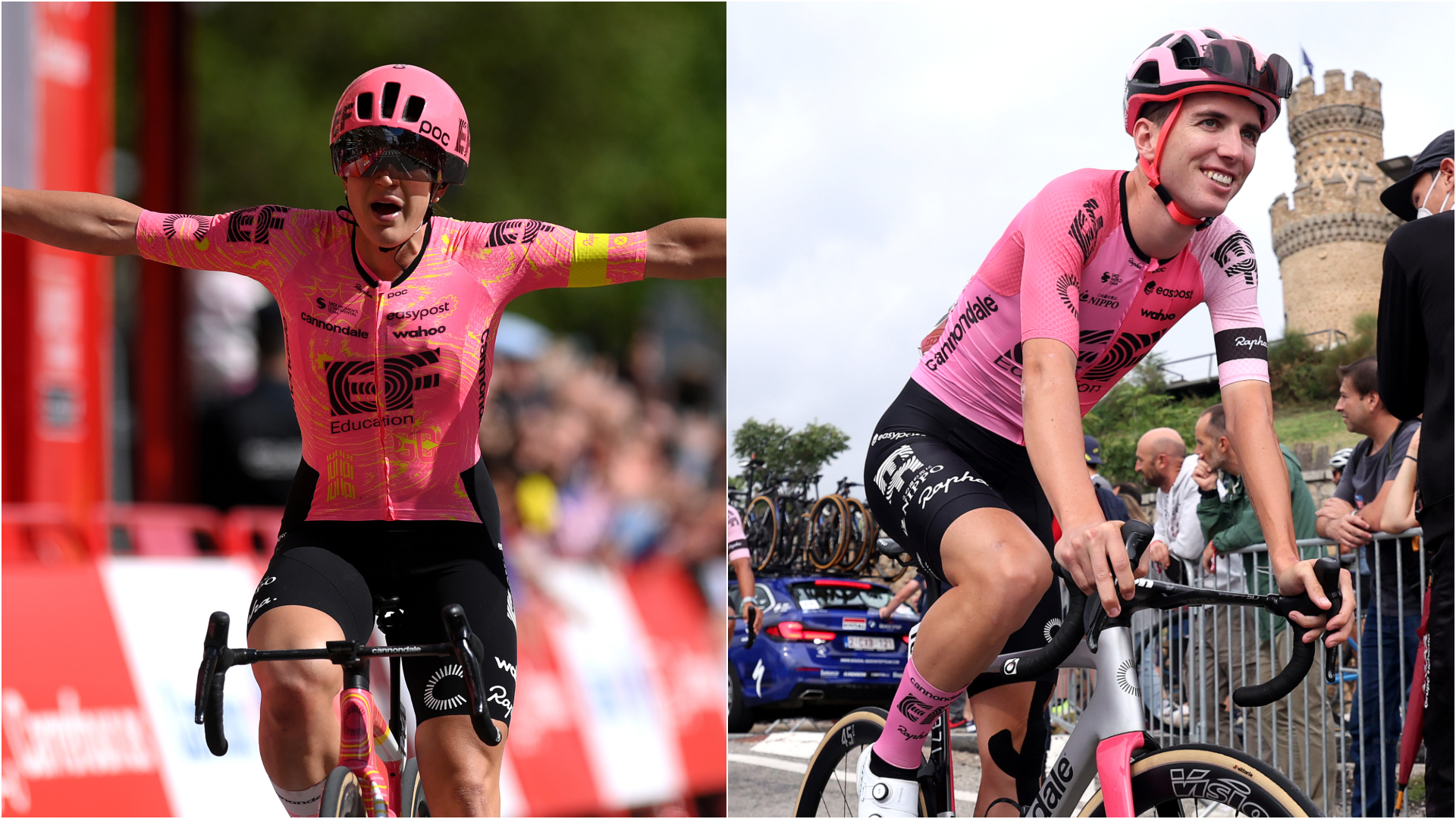 US Pro Nationals: EF Pro Cycling dominates the races, netting 3 titles and 6 medals
US Pro Nationals: EF Pro Cycling dominates the races, netting 3 titles and 6 medalsCharleston, the new host, offered up one of the toughest courses in recent history. Read how the racing unfolded
By Henry Lord
-
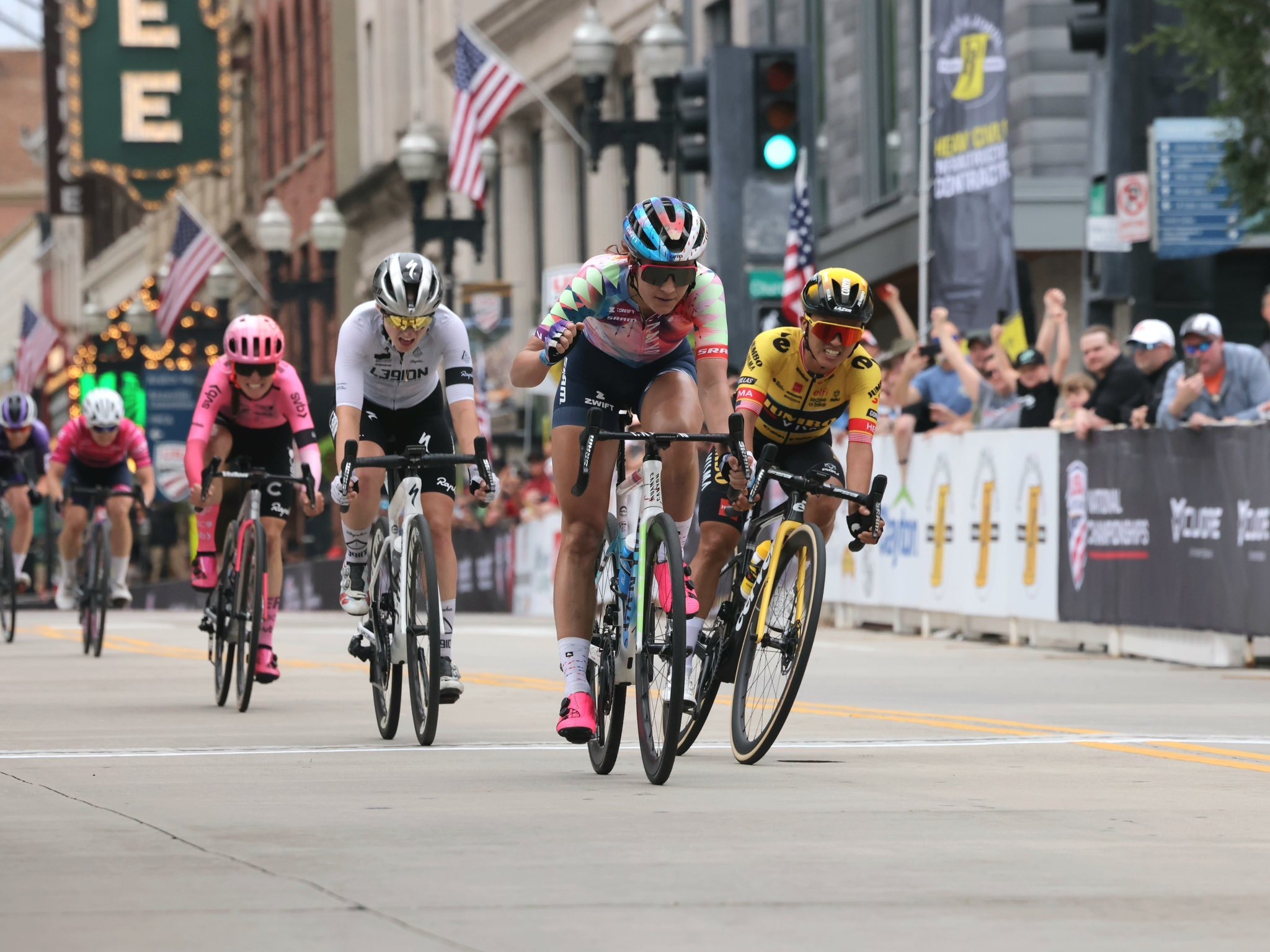 US Pro Nationals: your guide to livestreams, who to watch and what to know about the all-new race courses
US Pro Nationals: your guide to livestreams, who to watch and what to know about the all-new race coursesFor the first time in six years, the U.S. National Road Race Championships has moved to a new host, Charleston, West Virginia. The change brings fresh courses ready to crown new national champions.
By Henry Lord
-
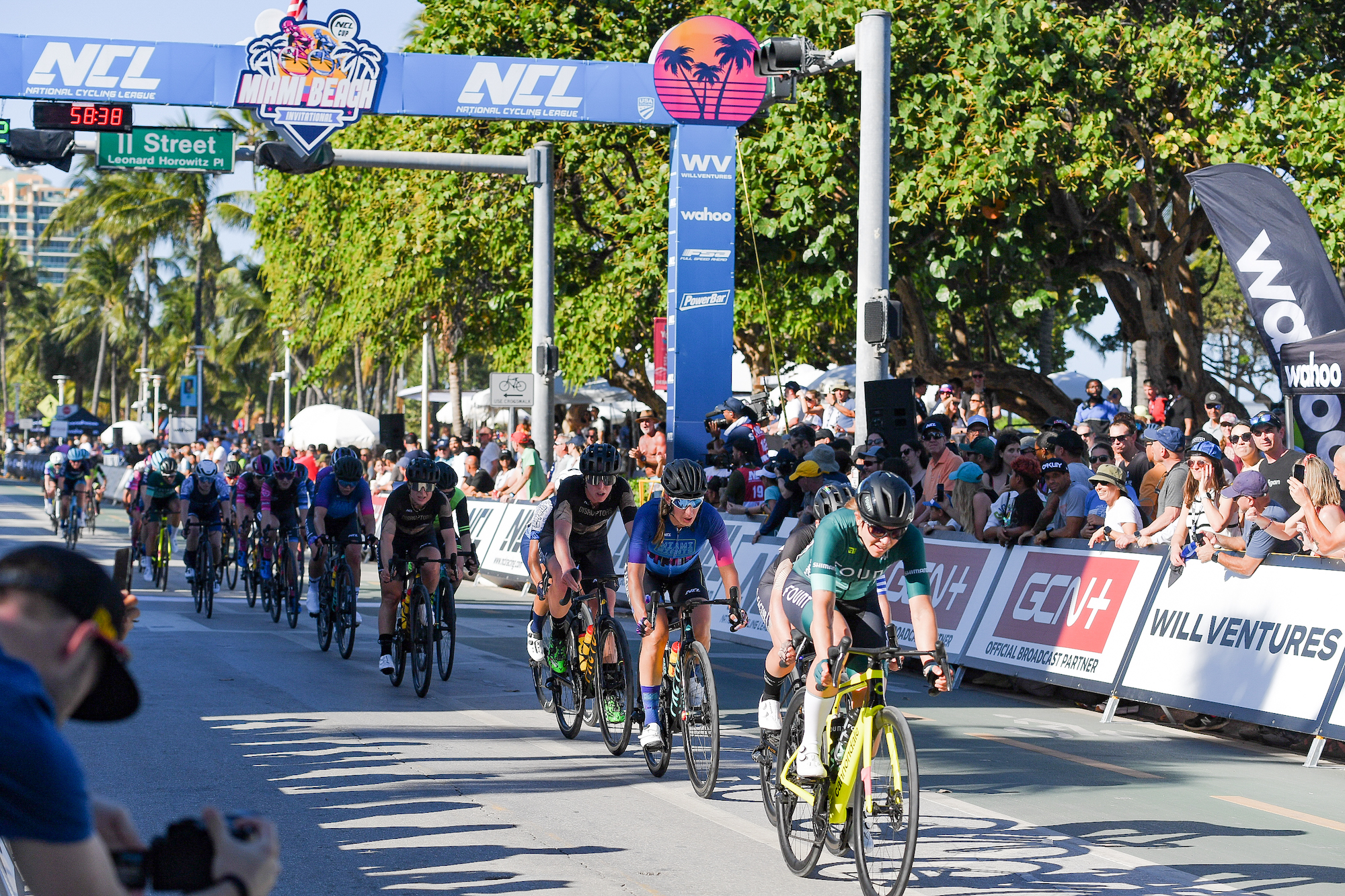 Dozens of riders left stranded as National Cycling League announces 2024 season hiatus citing 'current economic challenges in domestic and global cycling industry'
Dozens of riders left stranded as National Cycling League announces 2024 season hiatus citing 'current economic challenges in domestic and global cycling industry'Effective immediately, the NCL paused all its operations in order to focus on restructuring and rebuilding for the 2025 season.
By Anne-Marije Rook
-
 Joe Martin Stage Race, the longest-held stage race in America, postponed until 2025 due to rising costs
Joe Martin Stage Race, the longest-held stage race in America, postponed until 2025 due to rising costsA big loss for domestic elites and amateurs alike, the Joe Martin Stage Race was one of just four UCI races remaining on US soil.
By Anne-Marije Rook